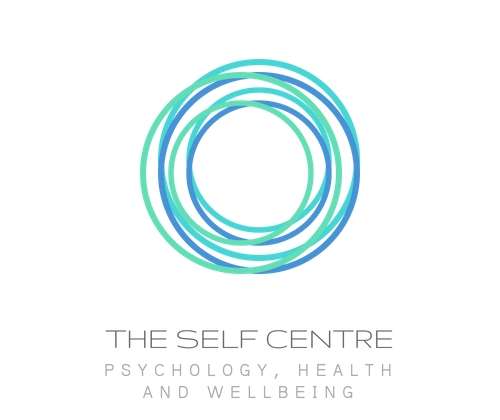
The Science of Resilience: What Helps Us Bounce Back?
Principal Clinical Psychologist and Practice Director
Why do some people seem to bend but not break in the face of adversity?
Understanding Resilience
Resilience is often described as our ability to adapt to stress, change, and hardship. While it can look like “toughness” from the outside, resilience is actually a dynamic process shaped by biology, environment, and learned skills.
Psychological research has identified several factors that contribute to resilience. Genetics play a role—some people are naturally more optimistic or emotionally stable—but our experiences and habits have a profound influence too. For example, having secure relationships in early life is strongly associated with better coping skills later on.
Neuroscience research also shows that resilience is linked to how the brain processes stress. When we interpret challenges as manageable rather than threatening, we’re more likely to activate the prefrontal cortex (responsible for problem-solving) instead of the amygdala (responsible for fear). Over time, practicing adaptive thinking and emotional regulation strengthens these pathways.
Practical Strategies to Build Resilience
1. Reframe Challenges
One of the most effective ways to build resilience is to shift how you think about setbacks. Cognitive-behavioural therapy (CBT) teaches us to challenge unhelpful thoughts and reframe situations. Instead of “This is impossible,” try asking, “What can I do right now to make this easier?” or “What has helped me cope before?”
2. Strengthen Your Social Support Network
Humans are social creatures. Numerous studies have shown that perceived social support reduces the impact of stress on both the mind and body. Make time to nurture relationships that feel safe and reciprocal. Even one trusted person you can talk to makes a difference.
3. Practice Emotional Regulation
Emotion regulation is the ability to manage intense feelings without becoming overwhelmed. Mindfulness practices such as slow breathing, body scans, and present-focused awareness have been shown to reduce anxiety and improve resilience. Apps like Smiling Mind or Headspace can help you get started.
4. Foster a Sense of Purpose
Having goals and a sense of meaning gives us something to hold onto when times are hard. Viktor Frankl, a psychiatrist and Holocaust survivor, famously wrote that “those who have a ‘why’ to live can bear almost any ‘how’.” Reflect on what gives your life meaning—whether it’s family, creativity, helping others, or personal growth.
5. Practice Self-Compassion
Self-compassion researcher Dr. Kristin Neff has shown that treating yourself with understanding reduces self-criticism and improves emotional resilience. When you make a mistake, try speaking to yourself as you would to a friend. This simple shift can soften shame and build inner strength.
Resilience is Not About Never Struggling
It’s important to remember that resilience doesn’t mean avoiding stress or pretending to be okay. It means acknowledging difficulties and taking steps to care for yourself.
If you’d like to learn more about building resilience, our team is here to help.
Contact us or book an appointment today.
